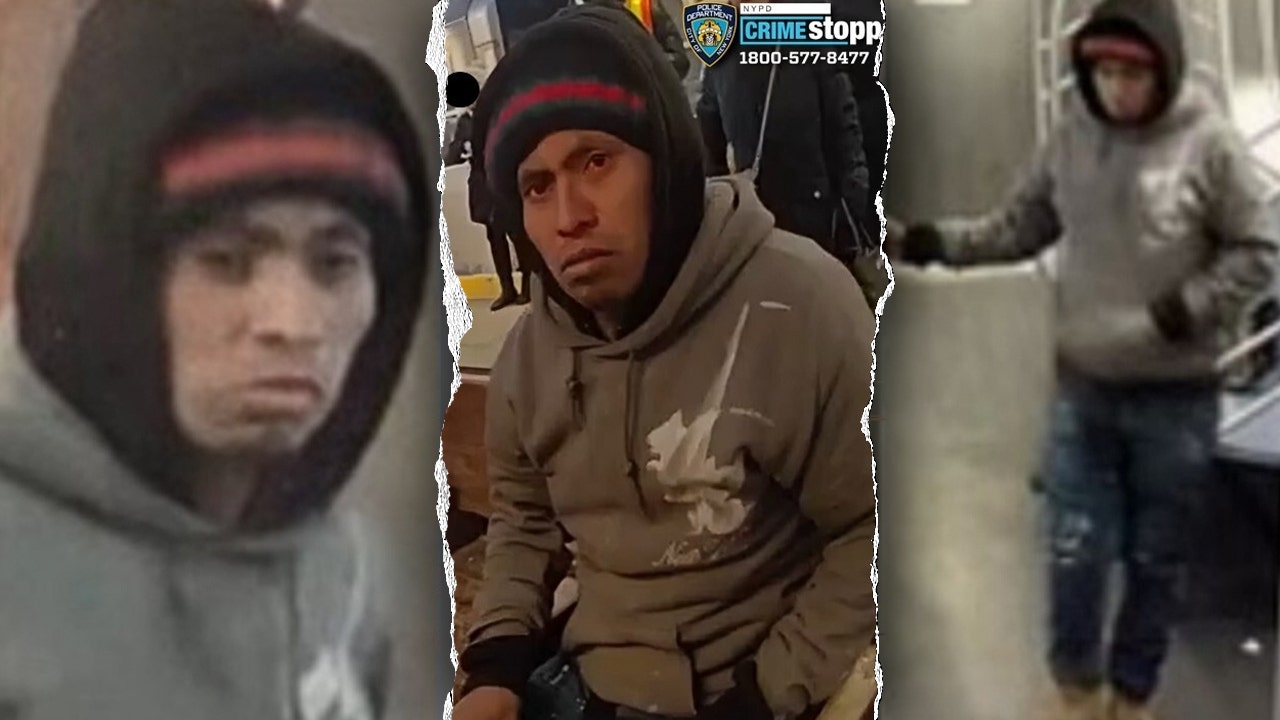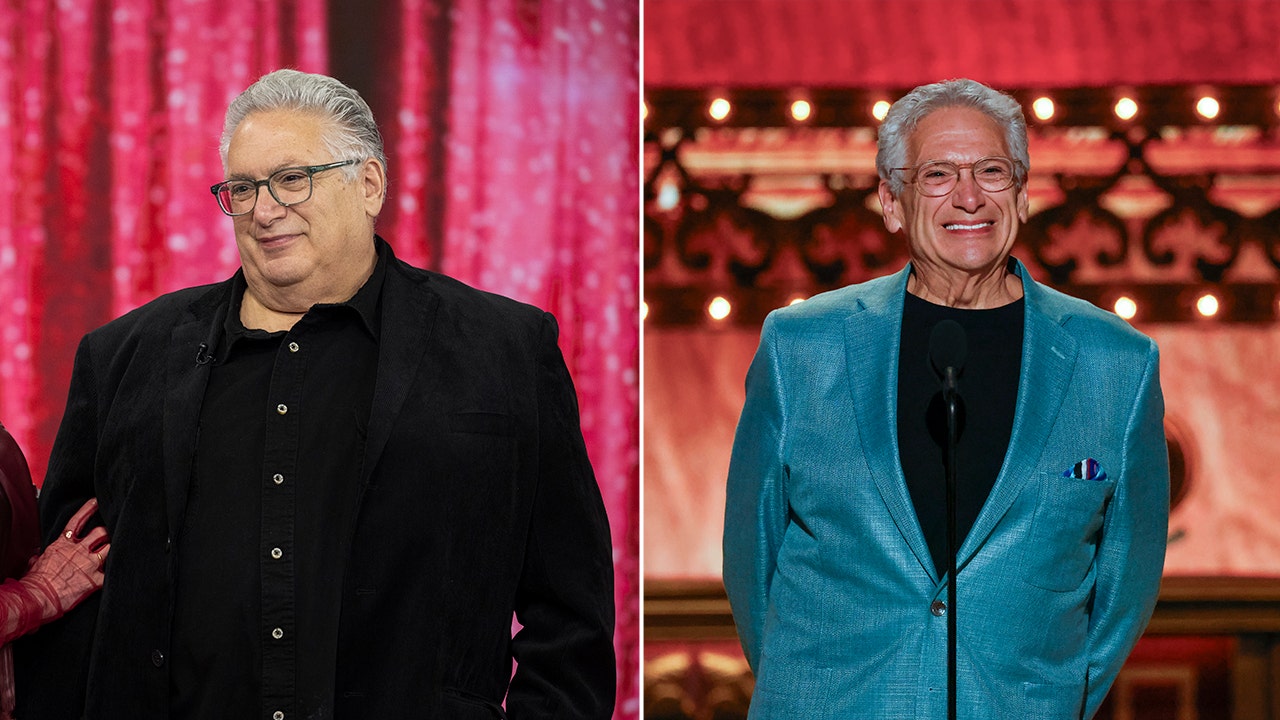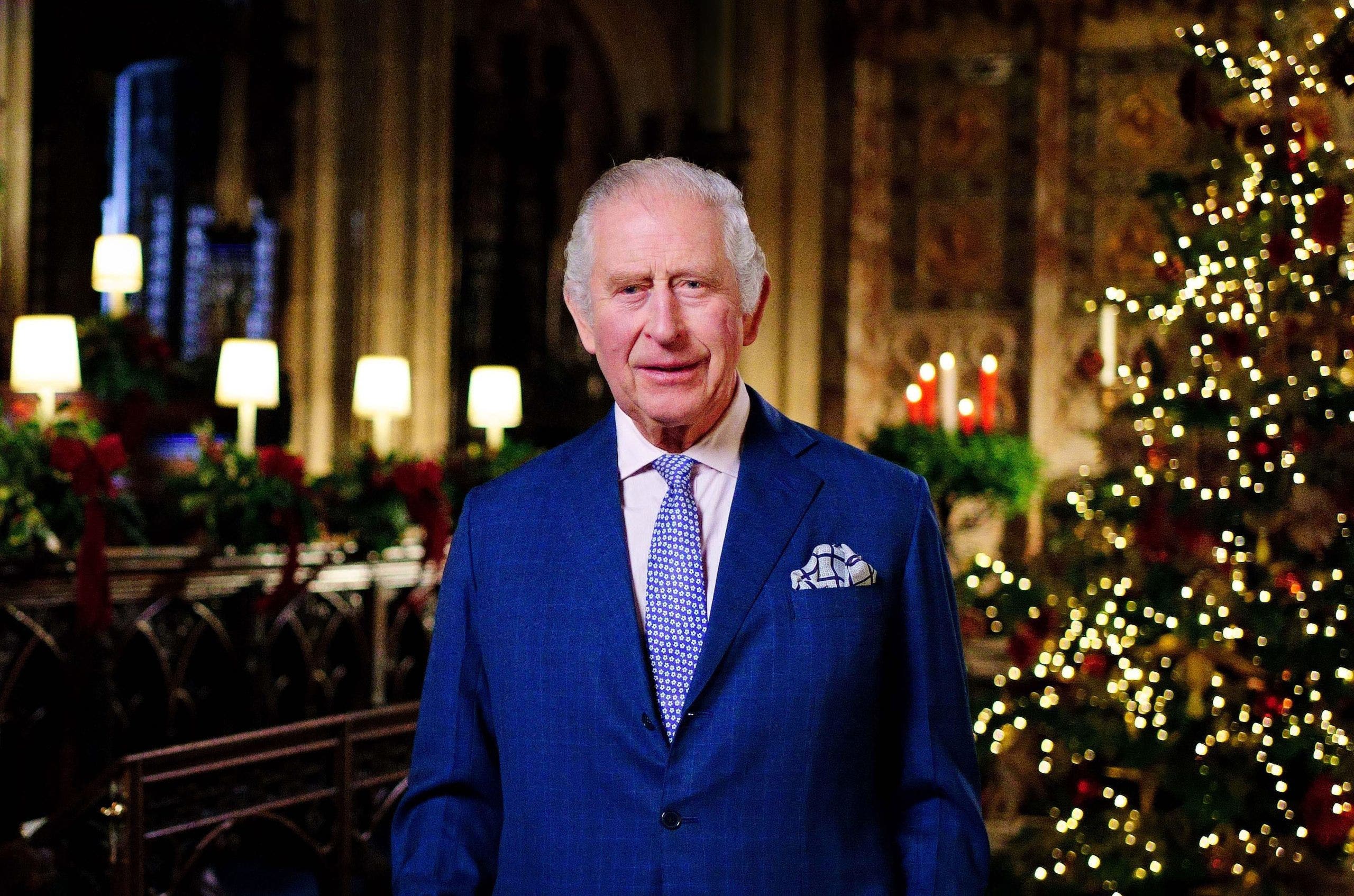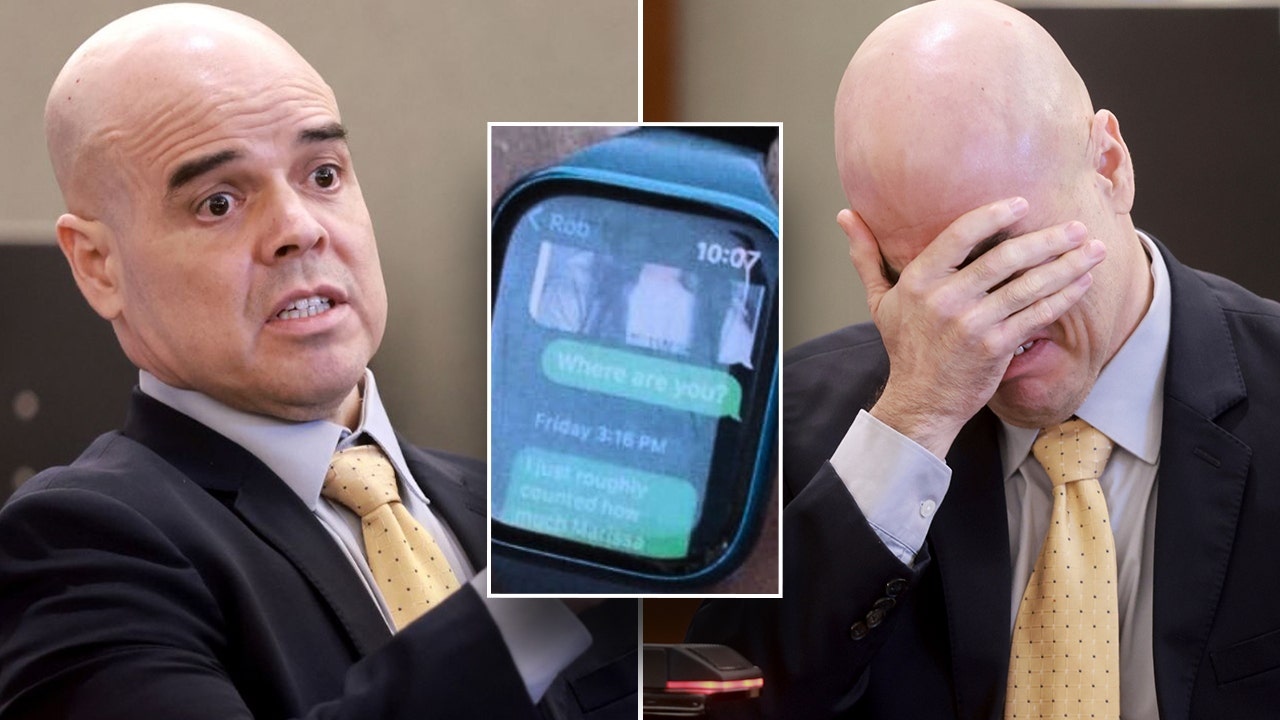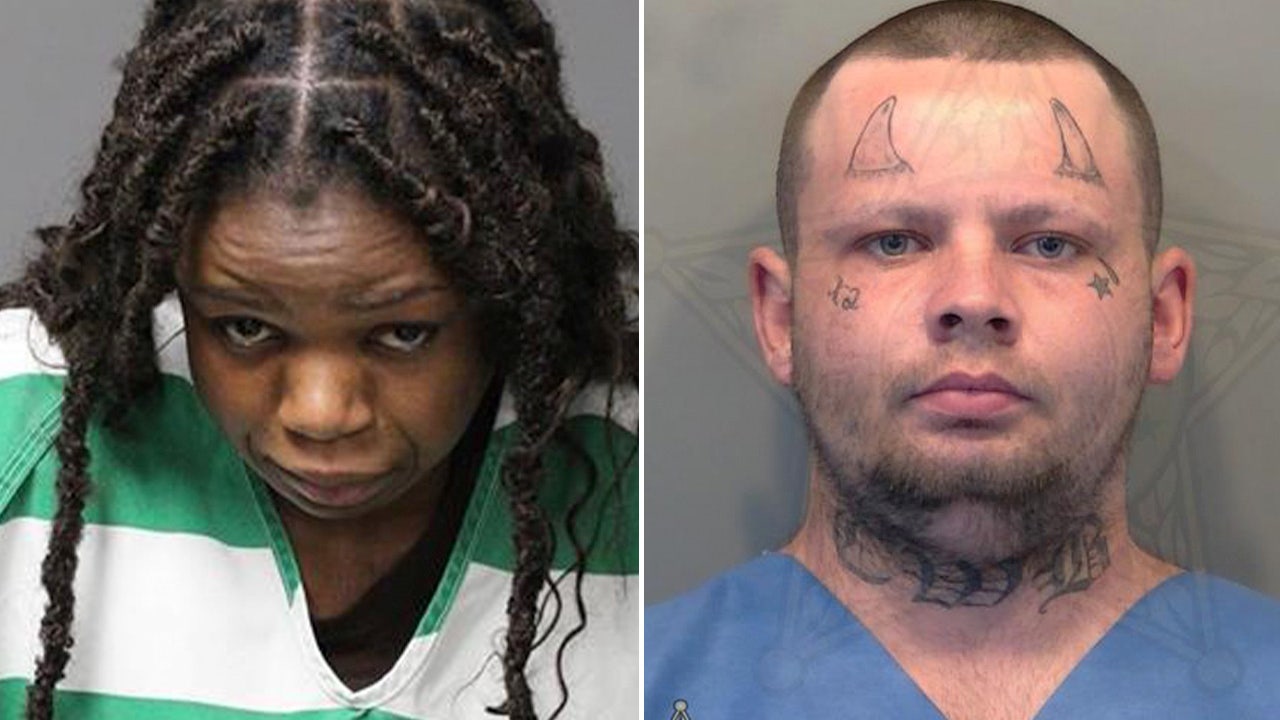Murder Trial: Las Vegas Politician Faces Clutching Text Message Evidence
The whereabouts of former Las Vegas Democratic politician Robert Telles during the critical time surrounding journalist Jeff German’s murder remain a pivotal issue in the ongoing trial. A recently discovered text message raises questions about Telles’ alibi, as he continues to maintain his innocence while disputing DNA evidence linked to the crime.
At 47 years old, Telles stands accused of taking the life of investigative journalist Jeff German, who had authored critical pieces about the politician. During a tense cross-examination, prosecutor Christopher Hamner revealed a surprising text message from Telles’ wife—a message that had mysteriously vanished from his phone.
A Surprising Text Message
In the courtroom, Telles shared the message from his wife, which read, “Where are you?” This inquiry was sent at a moment of grave significance, around the time German was tragically ambushed outside his home nearly two years prior. The emotional weight of the moment perhaps caught Telles off guard, forcing him to confront a potential loophole in his defense.
With a mix of bewilderment and concern, Telles claimed that he had been at home, dismissing various messages while ostensibly taking a walk and heading to the gym on the fateful day. Prosecutors suggested that he had deliberately left his phone behind to carry out a chillingly calculated plan against German.
Cellphone Records Unraveling the Alibi
During the trial, pieces started to fit together in ways that were troubling for Telles. Prosecutor Hamner pointed out discrepancies in the cellphone records, emphasizing the absence of Telles’ wife’s text message, which was discovered instead on her Apple Watch. The phone’s deletion of the text added a layer of complexity to Telles’ alibi.
Telles maintained he had held onto his phone all day, asserting that he was capable of both saving and deleting messages, yet he did not confess to having deleted the text in question. Hamner pushed further, noting the precise timestamp of 10:30 a.m. on September 2, 2022—the window during which security footage evidently recorded a maroon SUV, resembling Telles’ vehicle, in German’s neighborhood.
In what could only be described as a chaotic evocation of emotion, Telles engaged with the implication that a “professional assassin” had committed the murder, deflecting blame onto a real estate firm that he alleged sought to frame him for exposing corruption within his office.
Mounting Evidence Against the Defendant
Jeff German’s lifeless body was discovered brutally slashed in the side yard of his home, a stark reminder of the violent confrontations that can fracture communities. Telles, in the days following the murder, found himself facing the law after police circulated video footage capturing a figure in an orange work shirt, escorted by a wide-brimmed straw hat, making its way toward German’s residence.
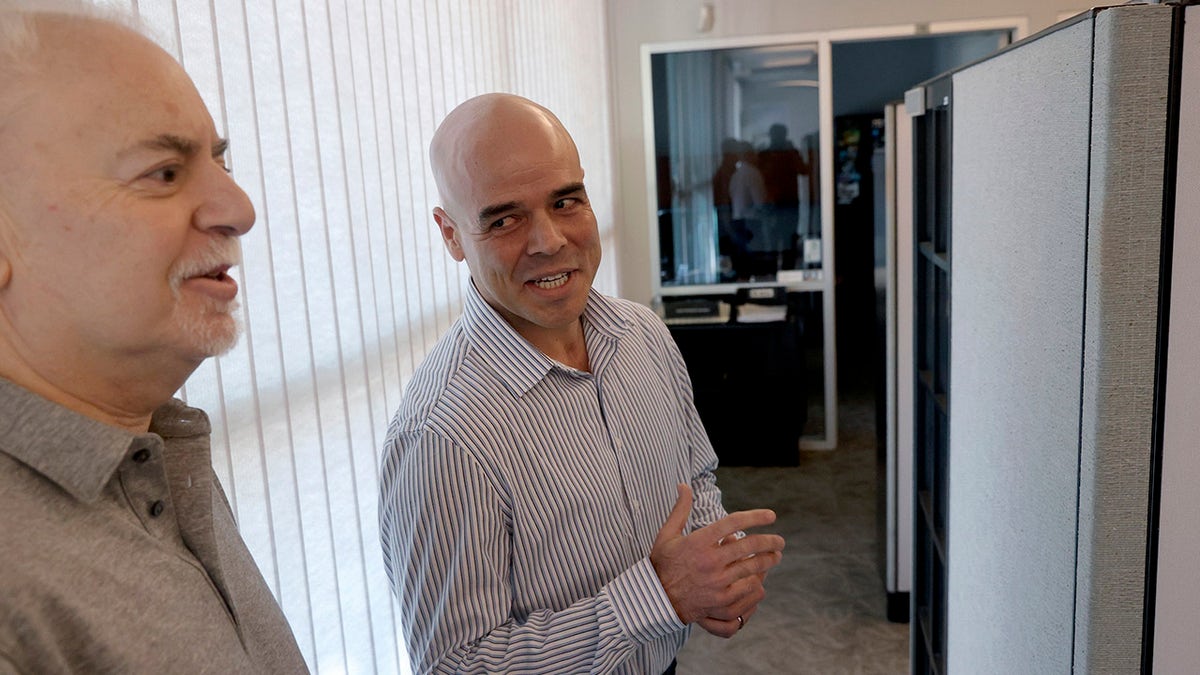
While there is clear DNA evidence believed to match Telles found under German’s fingernails, he claims this may have been tampered with. Autopsy photographs detailed the intense struggle German endured, highlighting knife wounds inflicted in self-defense—a grim testament to his final moments. Telles expressed confusion over the presence of incriminating items, like remnants of a straw hat and shoes discovered at his residence that bore striking similarities to clothing worn by the individual in the video.
Crucial Questions Left Unanswered
“So you believe the DNA labs are part of a conspiracy too?” posed Hamner, illustrating the absurdity of Telles’ claims. The courtroom atmosphere thickened as Telles wrestled with the idea of chance—why would the very individuals seeking to frame him neglect to eliminate the murder weapon or significant pieces of evidence?
Both the prosecutor and defense are set for closing arguments shortly after two weeks into jury selection. The audience, intrigued yet horrified, sees how the lives of those entangled in the tragedy—the unsuspecting hard-working journalist, the beleaguered politician, and countless others—remain forever altered in the wake of this violent confrontation.

Thus, as the murky depths of this case continue to unravel, one can’t help but ponder the broader implications of this tragedy. Within the fast-paced world of local politics, where integrity and reputation often clash with personal vendettas, the reality often proves brutal. The haunting appeal of justice remains, echoing in the shadows left behind by violence—in Las Vegas and beyond.

